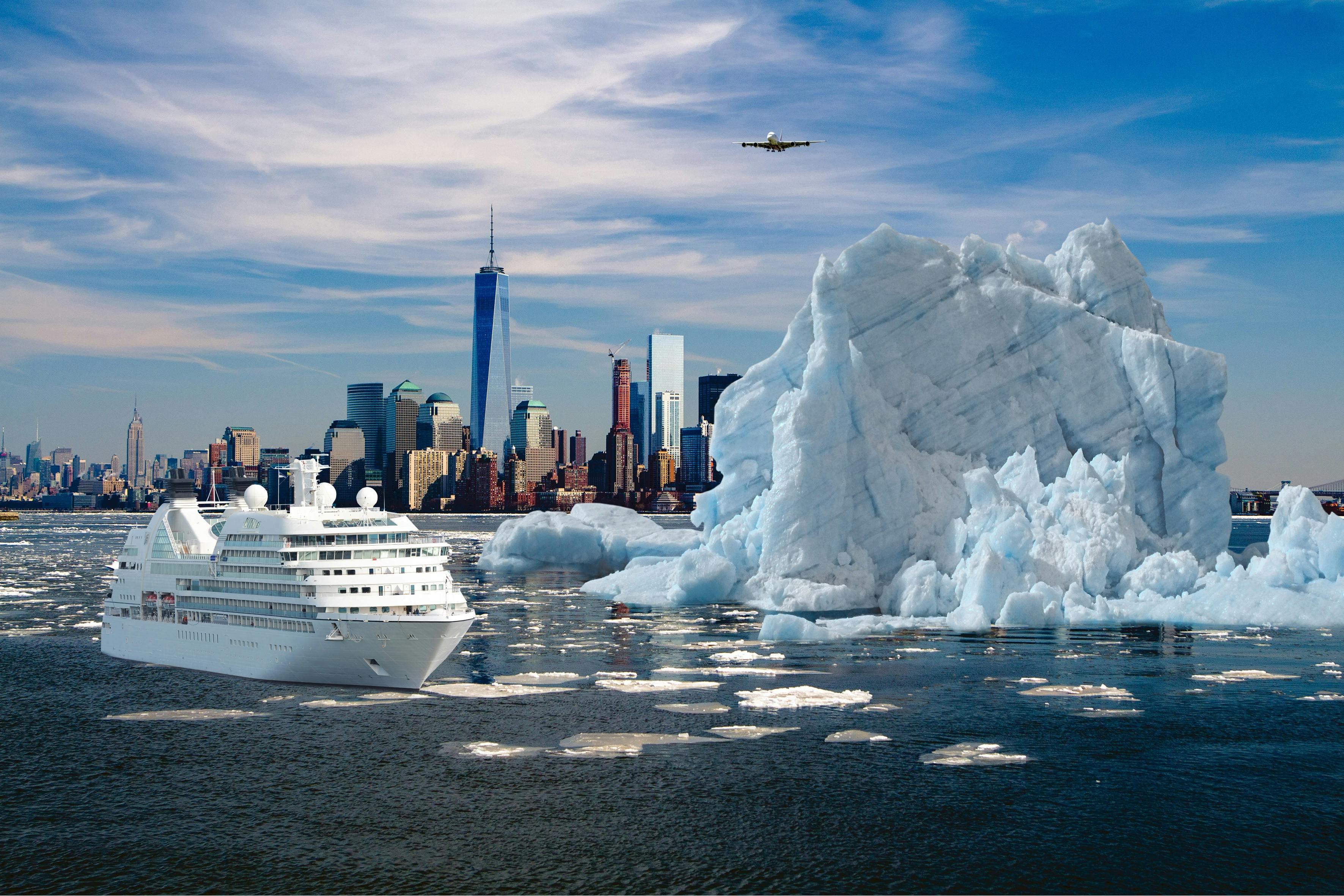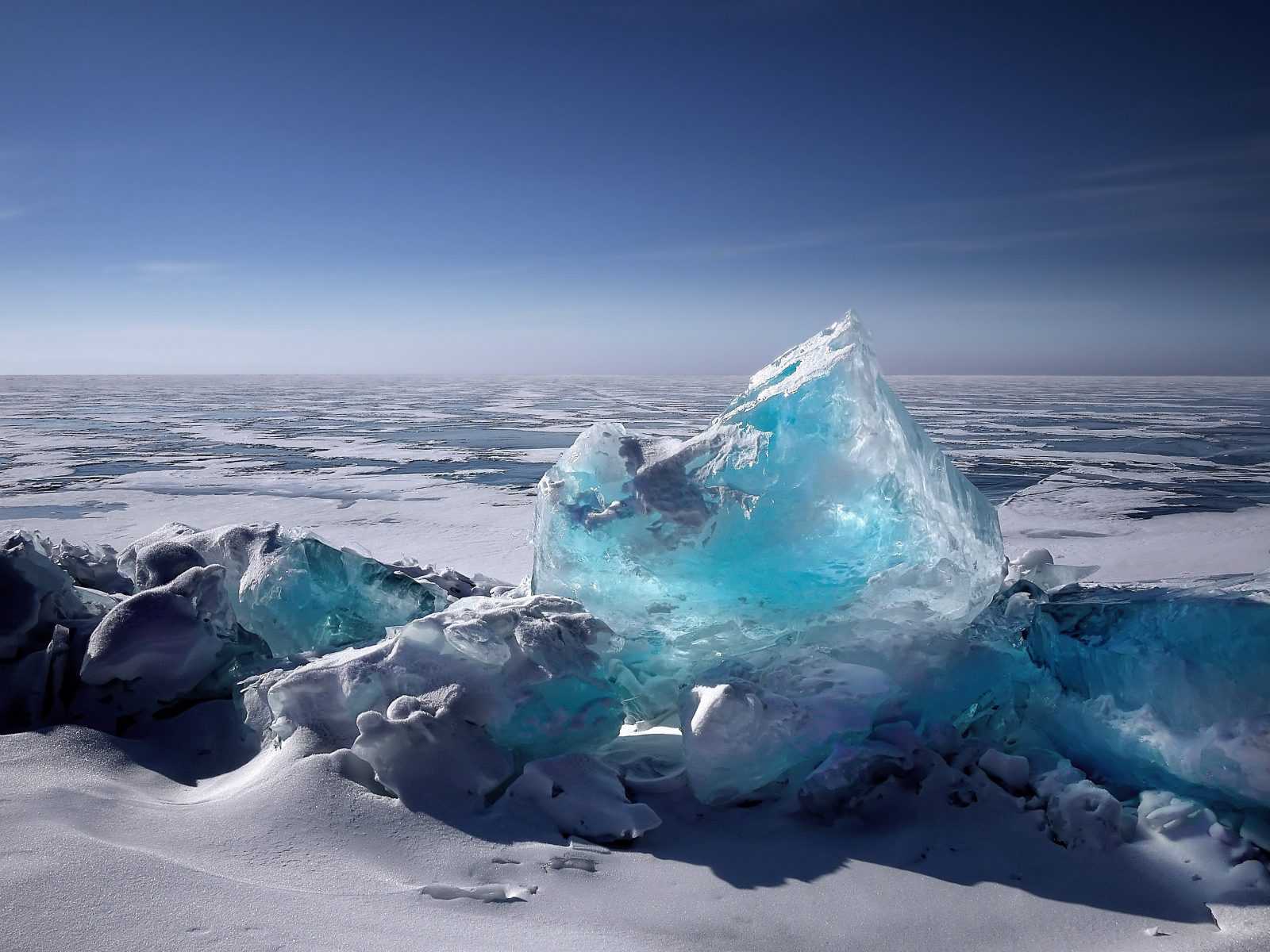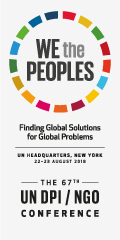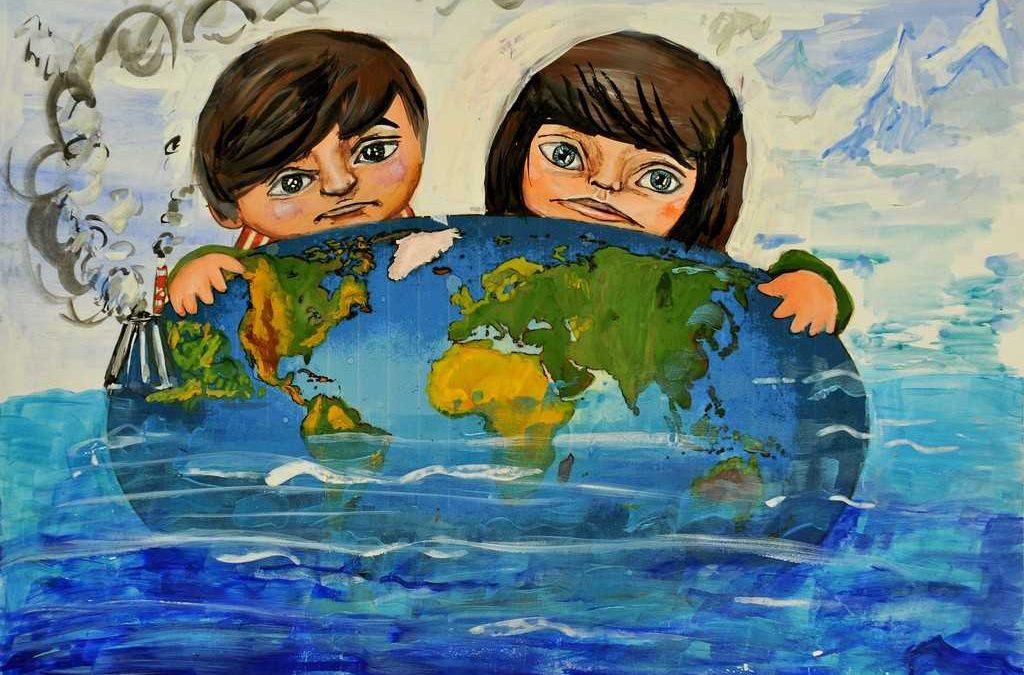William Rivers Pitt
Senior editor and lead columnist at TruthoutMoses had the burning bush to show him the way; we have, among other things, the Mendocino Complex fire — the largest conflagration in California’s recorded history. Fires in Europe are 43 percent above the norm, and Greece along with much of the Mediterranean region is projected to transform into a desert within decades.
Japan and Korea are suffering unprecedented heat waves. Laos, Algeria, Greenland, Oman… there are bad records being set virtually everywhere on the map. Smoke from wildfires in Siberia made it all the way to my front porch in New Hampshire, and Sweden recently called for help because there are more massive wildfires burning out of control to the north of the Arctic Circle.

Donate

Trump did not have any words of kindness for those killed and displaced by the California wildfires, nor did he have words of encouragement for those facing terrifying threats like “fire tornadoes” as they work desperately to beat back the blaze. He didn’t even bother to summon a boilerplate “Thoughts and prayers” for the moment.
Instead, Trump blamed the state’s environmental laws — easily the strongest in the nation — for the fires, claiming those regulations are “diverting” water into the Pacific Ocean (an action others chalked up to natural phenomena like “gravity” and “rivers”). Not to be outdone even by himself, Trump then blamed the trees for the conflagration. The Lorax weeps.
There is a terrible desperation to the increasingly pathetic rationalizations from the climate denial camp. This comes as no surprise if you take the long view; every single undone paradigm in history has died kicking and screaming, and our current petroleum paradigm is no different. The trick here is trying to figure out how we all make it to the new paradigm without dying right along with the old one, kicking, screaming or otherwise.
There will be a political price paid for these filthy paroxysms of deceit, and perhaps much sooner than one might think.
I’ve been on the planet for almost five decades now, barely an eyeblink in the context of climate, I know. I’ve spent virtually all those years in the Atlantic northeast, a region not easily confused with the tropics, and I have paid close attention over the years to both weather and climate ever since the words “ozone layer” insinuated themselves into my consciousness when I was a boy.
We’re not on fire here — these wildly uncharacteristic monsoon rains put that possibility snugly to bed — but there’s nothing at all normal about this. This isn’t the Amazon rainforest. It’s not even North Alabama. It’s not the North Pole, either. This is New England, and I have never seen the like. There is too much water in the atmosphere, and it is coming down hard. Tack on the extraordinary heat and saturating humidity, and these are strange days indeed.
I am not alone in my perceptions. Far from it, in fact.
According to recent studies, a full 71 percent of Americans believe climate change is real and happening; 47 percent are “very” or “extremely” certain of it. Some 44 percent believe, like me, that they have already experienced the effects of climate change. Most telling, 54 percent believe their families will suffer harm due to climate change, 67 percent believe the US will suffer harm, 71 percent believe people in developing nations will suffer harm and a full 75 percent believe our children, and their children, will suffer harm because of climate change.
In other words, there is more happening here than voters simply caring about the environment. A large and growing group of people see with their own eyes what is unfolding here at home and around the world. Many of those have already been personally affected or expect to be personally affected. Most of them believe their children will be affected. It is hard to see how blaming the trees for climate-caused wildfires can do anything other than offend and motivate this climate change voter bloc.


67th UN DPI/NGO Conference
“Polling shows that US voters not only understand climate science, but more and more are increasingly worried about it,” writes Anna Fahey for the Sightline Institute, “including hefty shares of moderate Republicans and Independents. A Pew Research Center study confirms that millennial generation voters — ages 22 to 37 this election season — are considerably more liberal than older Americans. What’s more, that group now represents 28 percent of the US adult population. These voters are considerably more likely to support climate action and the Congressional candidates who talk them up.”
With the last of the special elections now behind us, the midterm election season begins in earnest. The political prediction machine will find its fifth gear and speed its guesswork way to November, lobbing presumptions and suppositions as it goes. How much weight the prognosticators give to climate change voters will likely depend on how much time they spend watching their own networks or reading their own newspapers. The climate voters are out there, and their time has come.
I rolled the recycling to the curb this past Monday morning and was struck by the silence. It was just before 9 am, and my little town should have been a bustling hive of new-week activity. Not so, not after yet another grim weather report. They were talking about the temperature reaching 95 degrees, a 70+ dew point level and an overall heat index of 100-110, again.
The sun was barely over the tree line and I could already sense the invisible steel plate of the day’s looming heat pressing down. Even the sky was the wrong color. The only relief would come with another muscular band of thunderstorms, flooded streets and toppled trees. It felt as if the town itself was like some tiny, crouched woodland animal who just felt the shadow of a hawk flit by.
If the silence was any clue, I wasn’t alone in my sense of foreboding. Something has gone badly wrong, and all that quiet felt like a clue. Call it the sound of the climate change voter, waiting out the hawks and the heat and the flames and the floods for November. Every election from now on will bear our mark. That is the future, too.
Original Publisher
Truthout
Copyright, Truthout.org. Reprinted with permission

